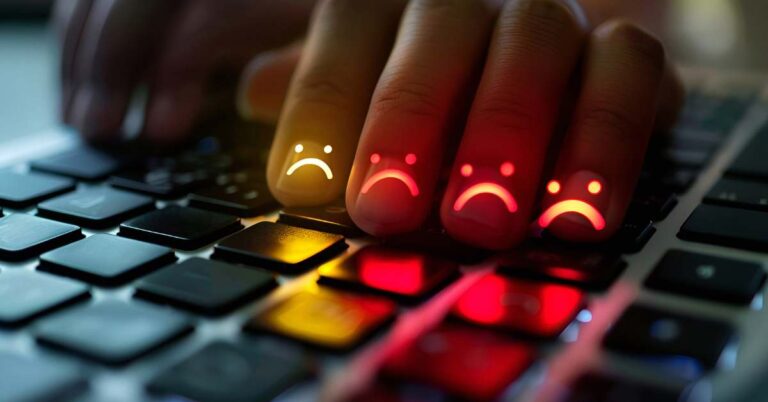Cyberbullying Requires Understanding The Risks And Protecting Yourself
Sadly, cyberbullying has become hard to avoid if you have any social media or online presence. And, in today’s digital age, cyberbullying has become pervasive basically affecting individuals of all ages. I have been the victim of cyberbullying on several occasions and let me tell you, it is awful. It’s unlike traditional bullying in that cyberbullying occurs online through social media, messaging platforms, and other digital channels, making it accessible anytime and anywhere. That’s why at Reach Out Recovery, which is an online platform, we know raising awareness and providing strategies to help people navigate this challenge is not only important but necessary.
What Is Cyberbullying?
Cyberbullying is a form of bullying that involves using electronic communication to harass, threaten, embarrass, or target someone repeatedly. Common forms include:
- Sending threatening or abusive messages
- Posting hurtful or false information
- Spreading rumors or gossip online
- Sharing embarrassing images or videos
- Creating fake profiles to impersonate or mock someone
The Impact of Cyberbullying
From my own experience, I can share the consequences of cyberbullying can be horrific. I felt ashamed, fearful to go back on the app, I felt attacked for no reason and it left me not wanting to make content for months. For others, the effects can be even more severe and long-lasting, affecting a person’s mental health, academic performance, and social life. Victims often experience anxiety, depression, low self-esteem, and in extreme cases, consider self-harm or suicide. We hear about it all the time on the news. If I felt that bad as an adult, imagine how an insecure teenager might feel.
How to Recognize Cyberbullying
Parents, teachers, friends, and the victims themselves should be aware of signs such as:
- Withdrawal from social activities
- Changes in mood or behavior
- Avoidance of school or online platforms
- Sudden surge in privacy settings or blocking contacts
- Expressing feelings of helplessness or depression
Strategies to Prevent and Respond
For Victims:
- Do not reply to or engage with the bully
- Save evidence of abusive messages or posts
- Block or unfollow the bully
- Report harassment to platform administrators
- Talk to trusted friends, family, or mental health professionals
For Parents and Guardians:
- Educate children about responsible online behavior
- Monitor online activity discreetly
- Foster open communication
- Encourage reporting of any incidences
- Set clear rules about internet use
For Schools and Communities:
- Implement anti-bullying policies
- Conduct awareness programs
- Provide support and counseling for victims
- Promote kindness and respect online and offline
Supporting Recovery and Resilience
Healing from cyberbullying takes time. We emphasize the importance of professional support, self-care, and resilience-building activities. Remember, you are not alone — help is available.
Buy the book Now!
More Articles To Read
Follow us onInstagram
Like us on Facebook
Comment on our posts





















